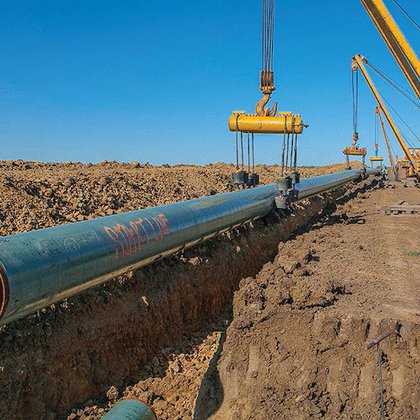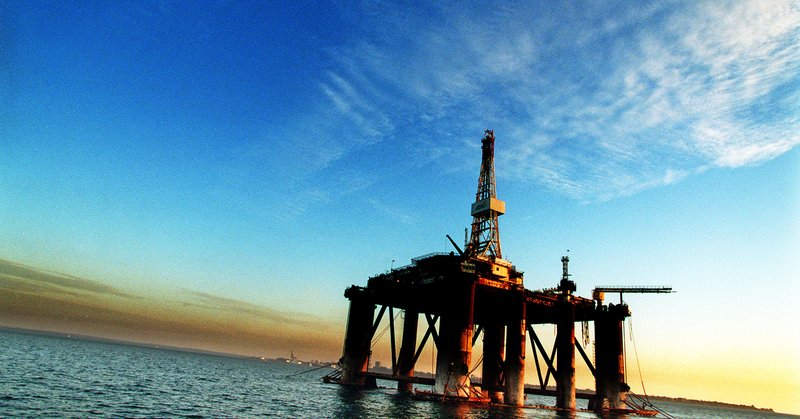
Fergus Green
@fergusgreen
Followers
2K
Following
1K
Media
22
Statuses
1K
Associate Professor, University College London | Researching climate politics, ethics, law & governance | Tweeting in personal capacity.
London, UK
Joined November 2009
Our new research in @sciencemagazine shows that no new fossil fuel projects are needed to meet energy demand in scenarios limiting warming to 1.5°C. We need bans & advocacy to build a #NoNewFossil norm @OlivierBvK @st_pye @FuelOnTheFire @ucl @IISD_Energy.
science.org
A social-moral norm against new fossil fuel projects has strong potential to contribute to achieving global climate goals
9
108
175
The UK's strong new climate test for proposed oil & gas projects casts Australia's environmental impact assessment laws in an unflattering light: my new piece in @insidestorymag @UCLPolicyLab.
2
8
12
RT @UCLPolicyLab: Read @carla_denyer on the latest UCL report exploring the implications of new oil and gas fields in the UK, co-authored b….
0
1
0
Yesterday the UK govt issued strong new guidance to oil & gas producers on incorporating combustion emissions into their environmental impact assessments. I comment on the new guidance and link it to my new legal research working paper, here: @uclspp.
ucl.ac.uk
Dr Fergus Green has published a constructive proposal for assessing the 'significance' of fossil fuel extraction projects’ climate impacts in a legally appropriate manner.
0
0
1
Check out our new report reviewing the evidence on the climate impact of new oil and gas fields. @UCLPolicyLab @uclspp @UCL_Energy.
We have a new @UCLPolicyLab report out, reviewing the scientific evidence on the impacts of new oil and gas fields. It finds that aligning with the Paris goals requires granting no new licenses or development consents for new oil and gas.
0
2
6
A reminder that the application for this research fellow/research assistant position is due end of the day this Friday (30 May)!.
@fergusgreen is hiring a short-term postdoc (think "summer project"), or PhD-student RA, with advanced expertise in quantitative text analysis to support myself and Dr Marion Dumas (LSE) in a European Horizon-funded grant project. Details here
0
0
0
#6 Re the 'implications' questions: A national court may not retroactively dispense with the obligation to assess env. effects. A national court is required, to the extent possible under national law, to eliminate the unlawful consequences of a failure to carry out a full EIA . .
1
0
0
#5 The market substitution argument was resolutely rejected in principle. The fact the project's production may displace other production from another project is irrelevant to assessing the climate impacts of the combustion emissions of the project. .
1
0
0
#4 The fact that the extracted fuel's end-uses may be uncertain (e.g., some petrochemicals applications), is no bar to their likely emissions being accounted for and assessed; am emissions "range" can be used to capture uncertainties.
1
0
0
#3 The fact that the combustion emissions may occur in a different jurisdiction from the extraction project is not relevant to whether they must be assessed. Nor is it relevant that the Paris Agreement requires countries to account for emissions on a territorial basis. .
1
0
0
#2 The fact the extracted petroleum undergoes intermediate treatment (e.g., refining), which may also be subject to an EIA requirement, is no bar to including the combustion emissions in an EIA for the extraction project. Effects must be considered at the earliest possible stage.
1
0
0
Accordingly, this is, in one sense, not at all a surprising finding. Indeed, scholars have argued that such a finding would follow from the most plausible interpretation of the Directive and CJEU case law: see esp. . .
onlinelibrary.wiley.com
This article examines whether the discretion of European Union (EU) Member States to approve new oil and gas extraction projects is restricted by EU law. It shows that greenhouse gas emissions from...
1
0
0
#1 The Court held that emissions from the combustion of petroleum are (indirect) 'effects' of petroleum extraction projects that must be assessed under the EIA Directive. This finding is consistent with the wording, objects & purposes of the Directive. .
1
0
0







